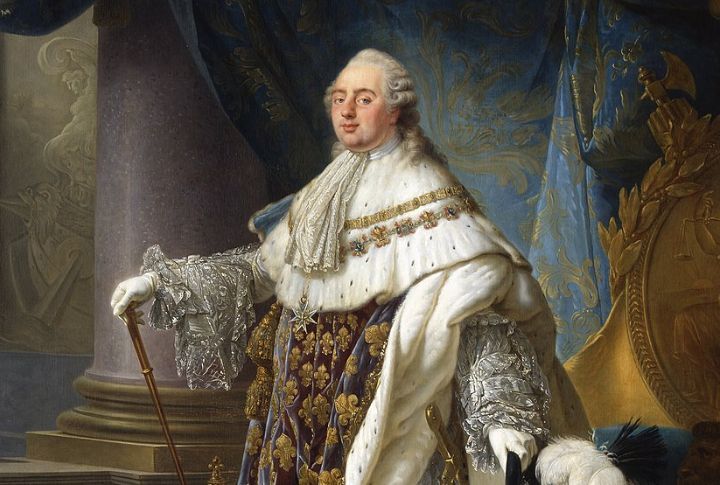
When power goes unchecked, consequences are inevitable, and in France, the elite made decisions that weren’t just self-serving but dangerously careless, setting the stage for collapse. As warnings were ignored and corruption piled up, the weight of inequality became unbearable. Are you curious about what finally shattered the silence? These 10 elite missteps fueled the coming revolution.
Royal Spending Bankrupted The Nation
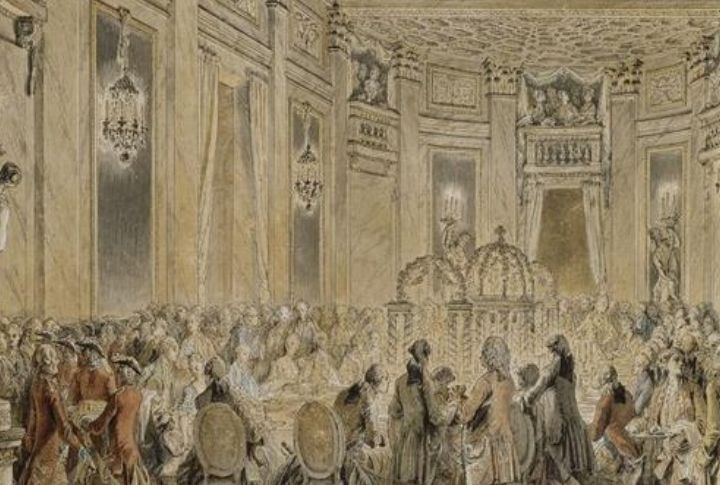
The royal court drained national resources on lavish feasts and Versailles’ grandeur. Louis XVI’s government racked up debt, especially after funding the American Revolution. Despite mounting anger and harsh austerity, the elite thrived as the public endured worsening hardship. This glaring imbalance deepened resentment and became a driving force behind the revolution.
Clergy Paid No Taxes While Preaching Virtue
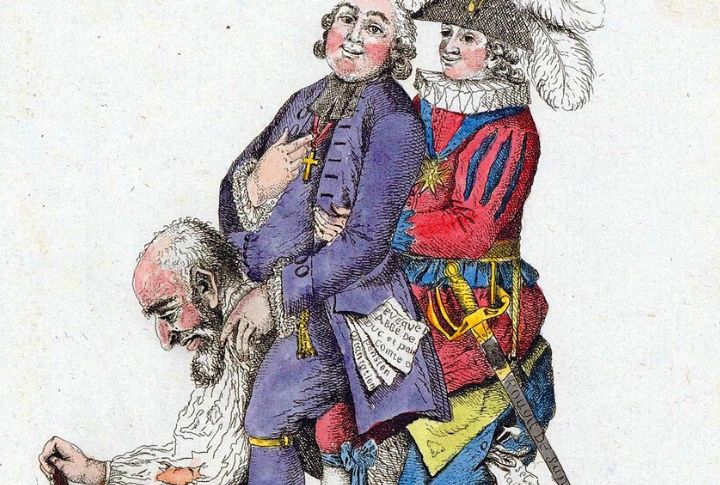
Priests enjoyed tax-free status on vast estates while families paid a tenth of their income to the church. The clergy preached virtue but frequently ignored the struggles of the people. This hypocrisy didn’t go unnoticed by the poor, whose silent frustration eventually turned into demands for change.
Nobles Bought Their Way Into Privilege
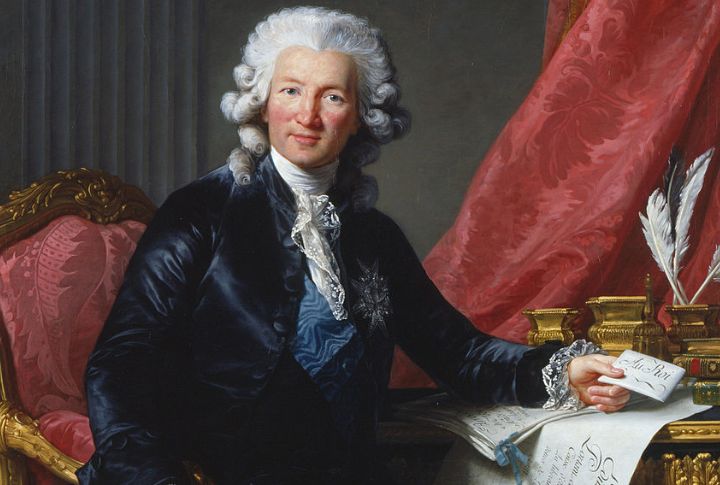
France allowed wealthy commoners to purchase noble titles, gaining legal protections and tax exemptions. These bought offices were treated like property—passed down through generations, with salaries collected and responsibilities frequently ignored. Such an imbalance fueled public anger, as selling power without rules regularly results in unfairness.
Bribery Dominated The Judicial System
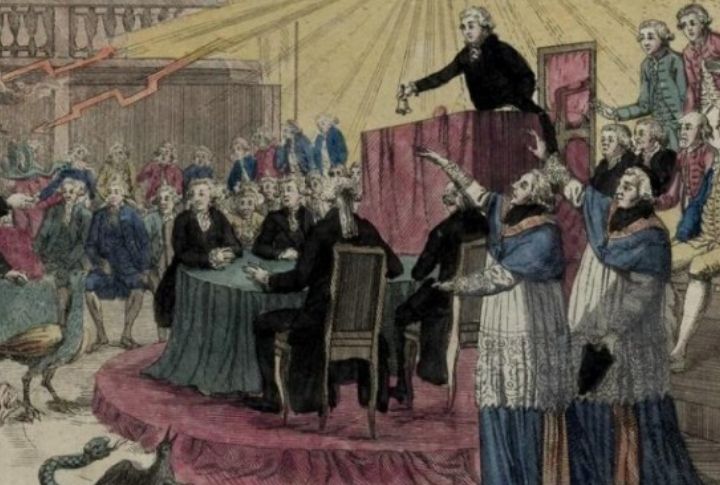
Justice became a commodity as judges bought their positions and sold rulings to the highest bidder, favoring the wealthy. Nobles escaped punishment, while peasants faced delays and confusion, blocked by Latin records and complex procedures. The exploitation of justice increased public anger and helped transform growing unrest into a broad demand for revolution.
Fake Jobs Drained The Treasury
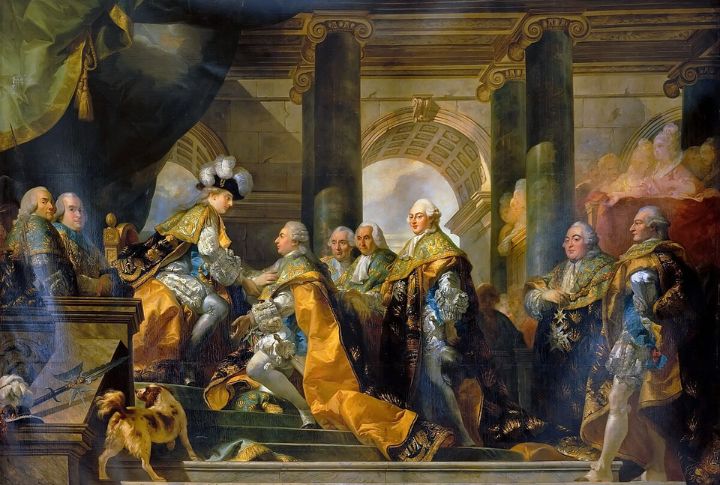
Gabriel Francois Doyen’s painting captures a polished court, but behind the grandeur lurked waste. Some courtiers were paid to perform tasks as trivial as delivering the king’s slippers. Such hollow roles padded egos, not value, and symbolized a treasury bled dry by vanity.
Parlements Blocked Reforms To Protect Nobles

Whenever Louis XVI’s ministers proposed reforms, the parlements blocked them to protect elite interests. Filled with nobles, these courts rejected tax changes that threatened their privileges. Judges also prioritized personal gain over justice. To the public, the legal system didn’t just overlook inequality—it actively supported it, deepening resentment and fueling revolutionary anger.
Greedy Tax Collectors Exploited The Peasants
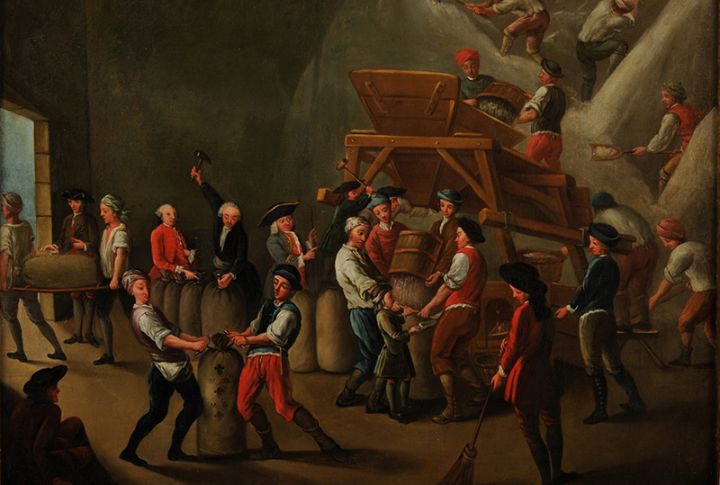
Peasants struggled under heavy taxes as corrupt collectors grew wealthy through fraud. One tax farmer even threw a lavish party using gold-plated tableware, flaunting riches taken from overworked workers. This unfair system turned basic survival into a daily sacrifice. When oppression is wrapped in luxury, it only strengthens people’s determination to fight back.
Nepotism Fueled Incompetent Leadership
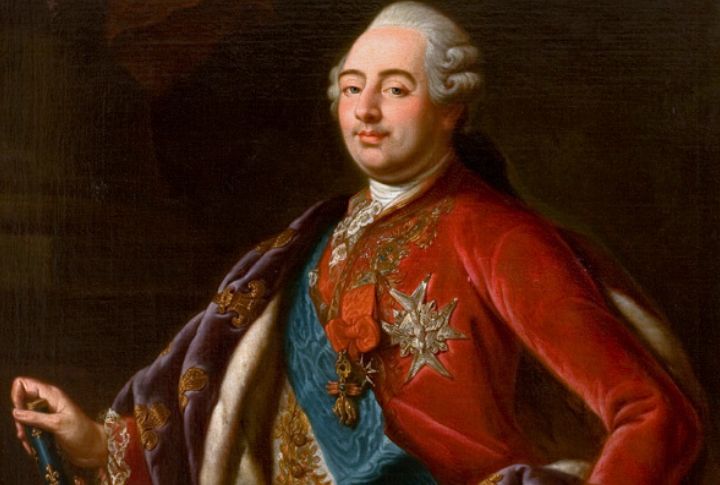
Unqualified people gained important positions through nepotism, prioritizing family ties over skill. Teenagers and absentee officials held roles they weren’t prepared for, while military leaders often lacked battlefield experience. Poor crisis management followed, eroding public trust and weakening institutions already strained by inequality and widespread discontent.
Secret Deals Kept Elites Above the Law
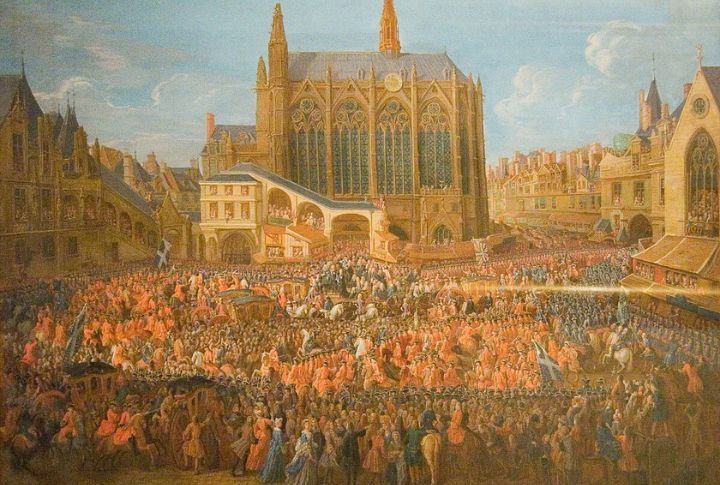
Lettres de cachet were royal orders allowing nobles to imprison others without trial. Thousands were issued by the king, frequently used to silence critics or settle personal disputes. The legal system had no authority to intervene. This unchecked power over citizens created widespread fear and resentment toward elite corruption.
Grain Price Manipulation Caused Starvation
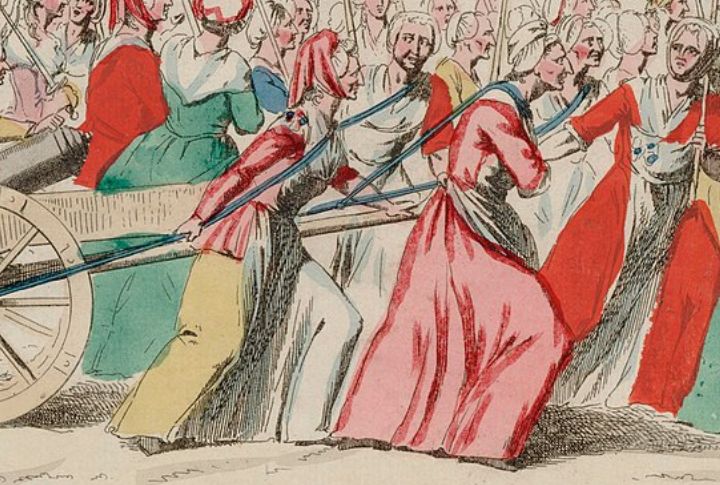
Nobles hoarded grain to push prices higher, and bread became a luxury most couldn’t afford. The government sat back and let it happen. Food was locked away even though peasants starved. People didn’t need speeches; they needed supper. That kind of hunger doesn’t just hurt; it pushes people to rise up.

